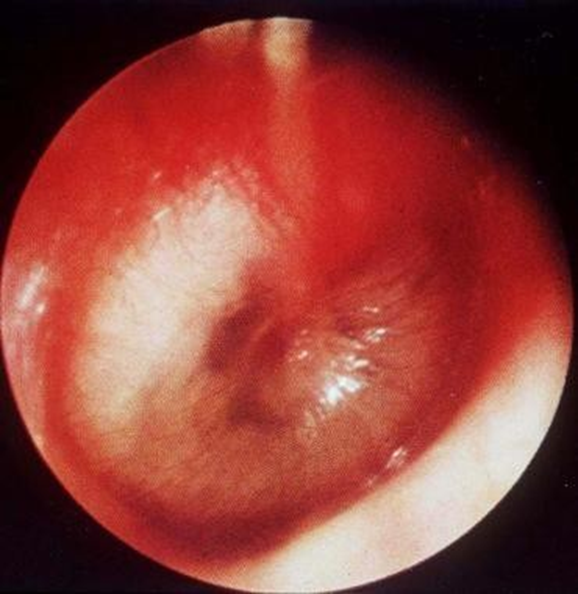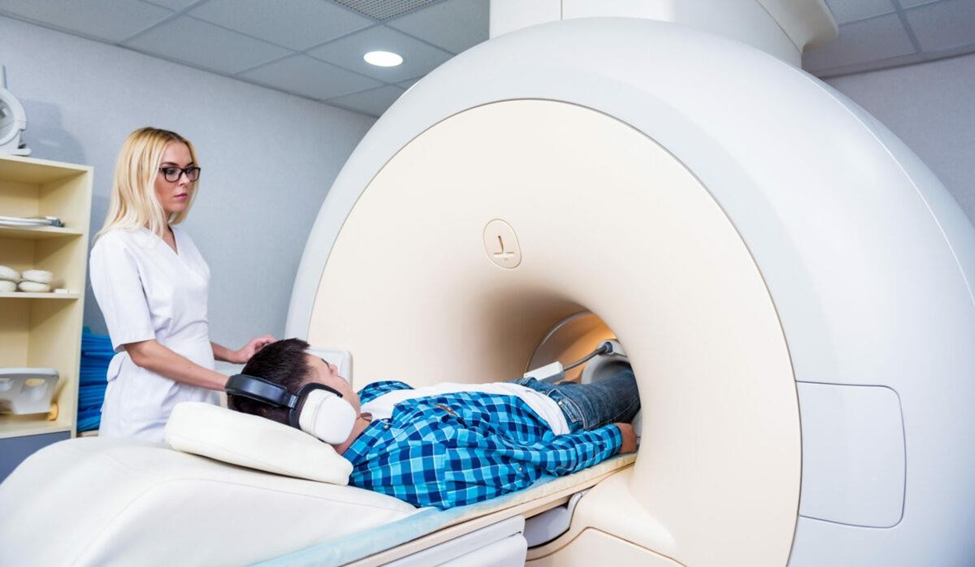The nurse is caring for a 7-month-old girl during a well-child visit. Which intervention is most appropriate for this child?
Advising about increased caloric needs
Explaining how to prepare table foods
Discussing the type of sippy cup to use
Describing the tongue extrusion reflex
The Correct Answer is C
A. Advising about increased caloric needs might not be the primary focus unless specific growth concerns are present.
B. At 7 months, while introducing table foods might be on the horizon, it's not the most immediate concern during this well-child visit.
C. Discussing the type of sippy cup to use is pertinent as the infant is approaching an age where the introduction of a sippy cup becomes relevant for transitioning from a bottle.
D. Describing the tongue extrusion reflex might be more relevant for younger infants just starting on solids, typically around 4 to 6 months, rather than at 7 months.
Nursing Test Bank
Naxlex Comprehensive Predictor Exams
Related Questions
Correct Answer is B
Explanation
A. Clear drainage from the affected ear is not a typical finding in otitis media; instead, it might indicate other conditions such as a ruptured eardrum.
B. Otitis media commonly presents with erythema (redness) and edema (swelling) of the affected ear.
C. Pain when manipulating the affected ear lobe might be present but is not exclusive to otitis media.
D. Tugging on the affected ear lobe can be a sign of ear discomfort but isn't a specific indicator of otitis media.

Correct Answer is D
Explanation
A. MRI scans can vary in duration and may take longer than 30 minutes, depending on the specific procedure and imaging requirements.
B. Movement can distort the images in an MRI scan, so it's crucial for the client to lie as still as possible during the procedure.
C. The contrast dye used in MRIs does not typically contain iodine and is not known to cause skin itching.
D. MRI scanners generate loud noises during operation, and patients are often provided with earplugs or headphones to minimize discomfort from the noise.

Whether you are a student looking to ace your exams or a practicing nurse seeking to enhance your expertise , our nursing education contents will empower you with the confidence and competence to make a difference in the lives of patients and become a respected leader in the healthcare field.
Visit Naxlex, invest in your future and unlock endless possibilities with our unparalleled nursing education contents today
Report Wrong Answer on the Current Question
Do you disagree with the answer? If yes, what is your expected answer? Explain.
Kindly be descriptive with the issue you are facing.
